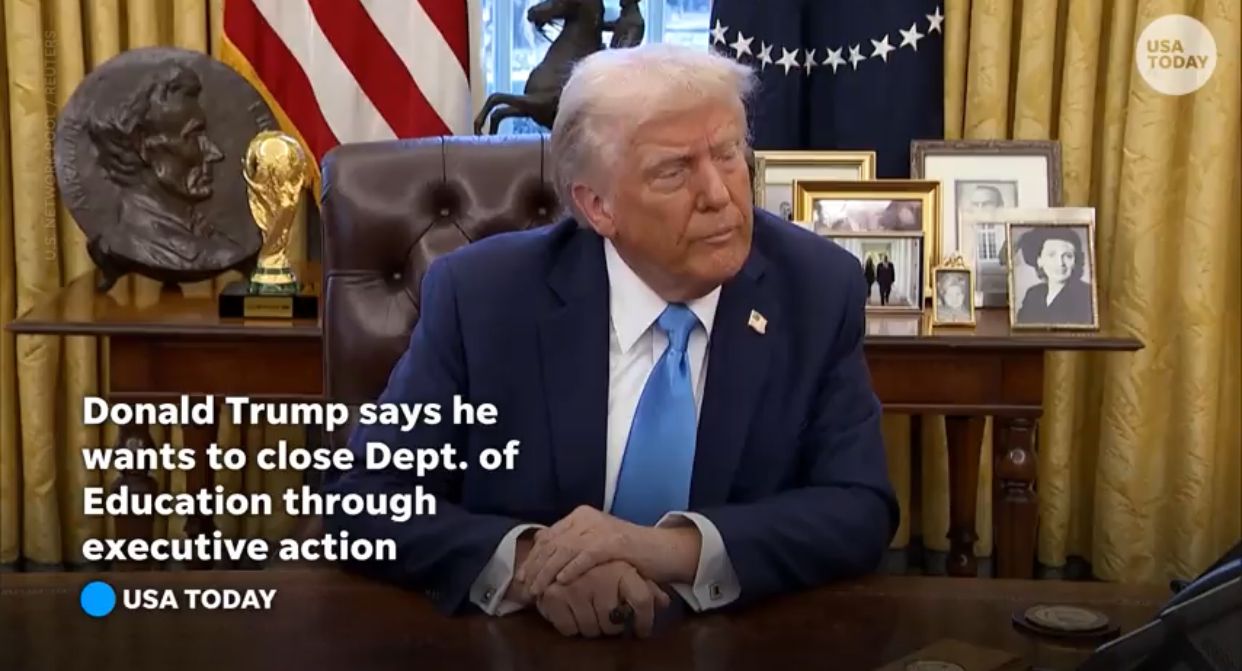President Donald Trump will speak with Chinese President Xi Jinping on Tuesday, Trump’s top trade official said, after China said it would impose fresh tariffs on U.S. imports in swift retaliation to new U.S. duties on Chinese goods.
China’s finance ministry said that starting Feb. 10 it would impose levies of 15% for U.S. coal and 10% for crude oil, farm equipment and some cars. The announcement came just minutes after an additional 10% tariff across all Chinese imports into the U.S. took effect at 12:01 a.m. ET Tuesday.
Asked about how American consumers and companies should understand the new tariffs at a Politico Live event Tuesday, Peter Navarro, Trump’s senior counselor for trade and manufacturing, said, “Let’s see what happens with the call today.”
The call comes amid escalating tensions between Beijing and Washington and the effective renewal of a trade war between the world’s top two economies that began in 2018 during Trump’s first term.
The latest levies also follow Trump’s offer, in a series of last-minute phone calls, to give 30-day reprieves to Mexico and Canada, the United States’ two largest trading partners, on proposed tariffs.
But whether China could receive a similar reprieve was “up to the boss,” Navarro said at the event Tuesday, referring to Trump. “I never get ahead of the boss.”
If the plan to impose tariffs remains in place, Navarro said, they would be implemented in a “measured way” that will “benefit the American people.” The administration would “recalibrate” tariffs Trump imposed during his first term, he said.
But in the end, it would be up to Trump, he said. “We’re going to let him do his thing, because by now, it’s trust in Trump.”
Tariffs are essentially taxes charged on goods imported from another country. They are typically set at a percentage of the goods’ value and usually paid by the importer. The extra costs are generally passed on to the consumer.
Trump tariffs on hold. For now:Mexico and Canada reach deal with US
Trump has repeatedly said the Chinese tariffs are needed because Beijing is not doing enough to halt the flow of illicit drugs like fentanyl, a deadly opioid, into the U.S. China disputes the claim.
“China hopefully is going to stop sending us fentanyl, and if they’re not, the tariffs are going to go substantially higher,” Trump said Monday.
Trump has acknowledged that Americans could feel “some pain” from the tariffs.
China has called fentanyl America’s problem and said it would challenge the tariffs at the World Trade Organization and take other countermeasures, but it also left the door open for talks. The U.S. is a relatively small source of crude oil for China, accounting for 1.7% of its imports last year, worth about $6 billion.

